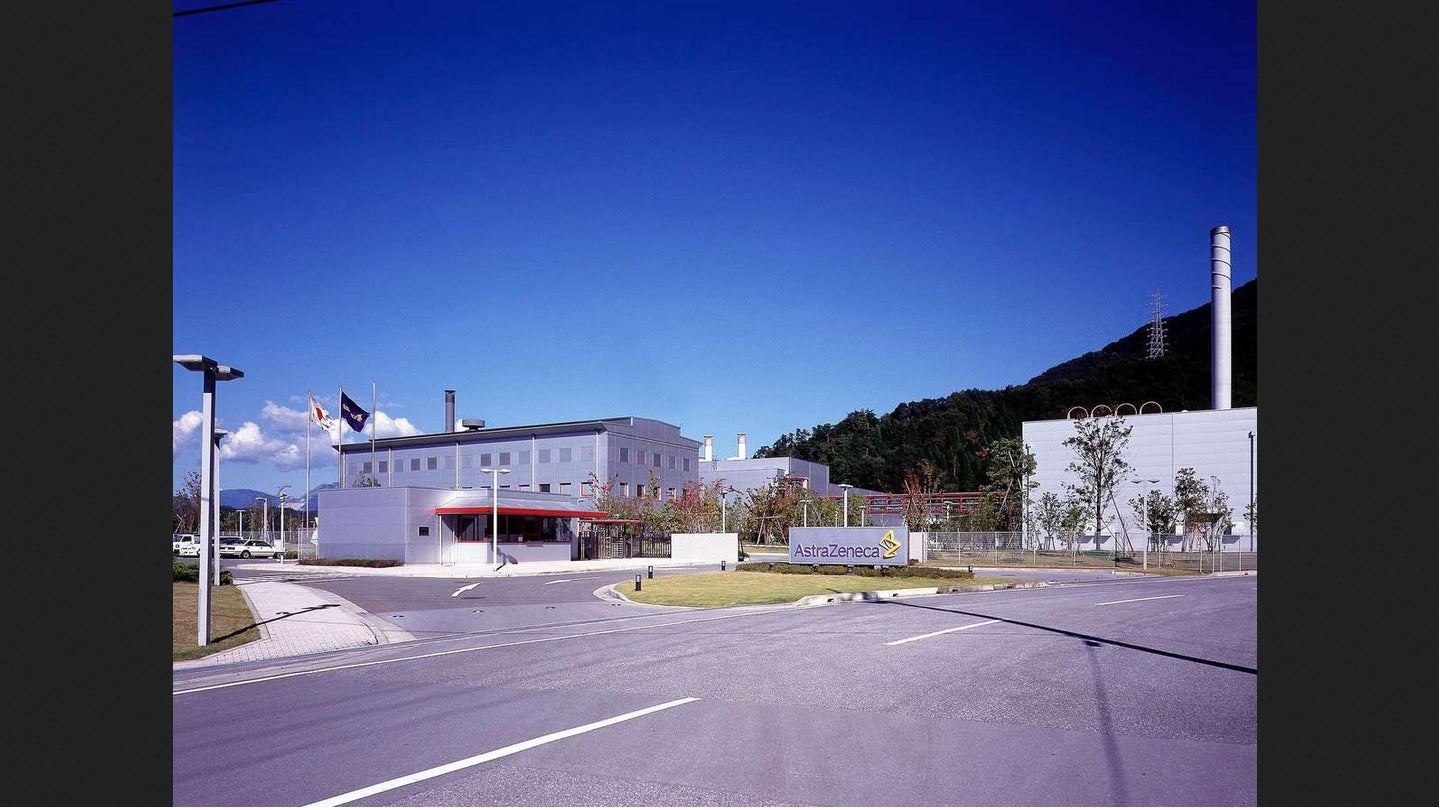
AstraZeneca has received approval from the Japanese Ministry of Health, Labour and Welfare (MHLW) for its Ultomiris (ravulizumab) to prevent relapses in patients with neuromyelitis optica spectrum disorder (NMOSD), including neuromyelitis optica.
The rare and debilitating autoimmune condition NMOSD affects the central nervous system (CNS), including optic nerves and the spine.

Discover B2B Marketing That Performs
Combine business intelligence and editorial excellence to reach engaged professionals across 36 leading media platforms.
Ultomiris, which is claimed to be the first and only long-acting C5 complement inhibitor, already received approval in the European Union (EU), the US, and Japan to treat certain adults with generalised myasthenia gravis.
The latest approval was based on positive data from the Phase III CHAMPION-NMOSD trial, where Ultomiris was compared to an external placebo arm from the pivotal Soliris PREVENT study.
Ultomiris achieved the primary endpoint of time to first on-trial relapse as validated by an independent adjudication committee.
Among patients who received Ultomiris, no relapses were detected during a median treatment duration of 73 weeks, and this outcome continued for a median duration of 90 weeks.

US Tariffs are shifting - will you react or anticipate?
Don’t let policy changes catch you off guard. Stay proactive with real-time data and expert analysis.
By GlobalDataDesigned to assess the efficacy and safety of Ultomiris in adults with NMOSD, the open-label and multicentre CHAMPION-NMOSD study recruited 58 patients across Europe, North America, Asia-Pacific and Japan.
The safety and tolerability of Ultomiris in the trial were found to be consistent with prior studies and real-world use, with no new safety issues identified.
AstraZeneca subsidiary Alexion CEO Marc Dunoyer said: “Alexion transformed the NMOSD landscape by uncovering the exceptional efficacy of C5 complement inhibition in reducing the risk of relapses for patients.
“With today’s approval, we continue to deliver on our commitment to the NMOSD community, offering patients an innovative long-acting treatment option that has the potential to eliminate relapses with convenient dosing every eight weeks.”




